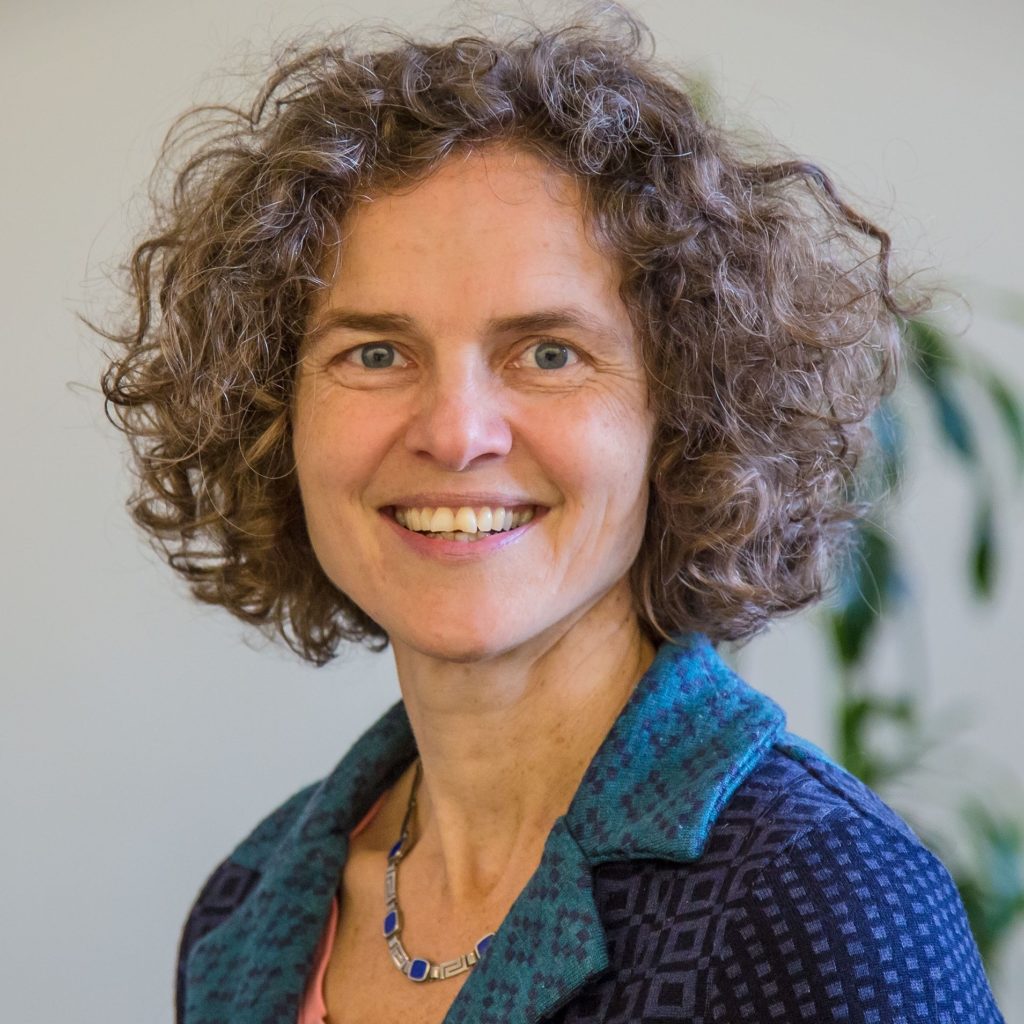Thursday, March, 10th, 6:00pm CET
Refusing the Separate Self: Rewriting Sickle Cell Futures in Dakar
Duana Fullwiley
Stanford University
People who live with sickle cell in Senegal, West Africa often differentiate the disease itself from the lesser biological affliction of sickle cell trait. Both conditions partially structure how people see themselves as intimately connected to others who have some elemental relationship to their illness. These range from ‘shared sickle blood’ (ñu bokk deret), to shared genetic diagnoses of zygosity, to shared interest in their condition and how to live better with it. In this talk I explore the different ways that people articulate their belonging in the region of Dakar and beyond. Through relaying people’s own inner narratives that they deploy to help them cope, as well as their therapeutic rituals within intentional spaces of community, I will offer the listener a series of poetic reflections about the art of living well with a rare disease that is simultaneously all too common. At stake is the tension people live when embracing a condition that is largely feared. As they refuse the isolation and separation that stigma and rejection bring, they attempt to normalize their lives in a society that tries to educate its population to prevent lives like theirs in the future.

Duana Fullwiley is an anthropologist of science and medicine whose fieldwork with scientists, patients and larger publics explores the interplay of genetics and cultural politics in Senegal, France and the United States. She writes broadly about genetics, ethics and how people imagine and seed ideas of human difference. She is the author of the award-winning The Enculturated Gene: Sickle Cell Health Politics and Biological Difference in West Africa as well as numerous articles on ancestry genetics in the United States. The larger themes of her work have also inspired her artistic engagements with medical power and scientific legacies that emerge in her literary writings and curations published in venues such as Ars Medica, The Boston Review and exhibited at the San Francisco Exploratorium. She has been awarded fellowships from the Fulbright Scholars Program, the Institute for Advanced Study, the National Science Foundation, the Social Science Research Council and the Wenner-Gren Foundation for Anthropological Research. She is an associate professor in the Department of Anthropology at Stanford.
Friday, March, 11th, 5:30pm CET
De Novo Kin: sharing data, shielding persons, and forging relatedness in precision medicine
Mette Nordahl Svendsen, Laura Emdal Navne
Centre for Medical Science and Technology Studies, University of Copenhagen
Comparing, sharing, and shielding children’s biological and biographical data in genetic databases and on Facebook are central moves when geneticists and families search for diagnoses for children with rare diseases. Based on ethnographic fieldwork in Denmark, we show that the work of linking children carrying the same genetic mutations forges new sibling-like forms of relatedness between them. With the concept of ‘datasociality’, we add new layers to ‘biosociality’ by capturing the ways in which biological information is increasingly mediated by digital and algorithmic processes in the genomic era. In the process of both sharing data and securing anonymity, unrelated children become related through qualities of otherness.

Mette N. Svendsen is a professor of medical anthropology at the University of Copenhagen. She has headed several research projects, including LifeWorth, which explores the worth of life across species, and MeInWe, which investigates the relationship between person and collectivity in the field of precision medicine. She is the author of Near Human: Border Zones of Species, Life, and Belonging published by Rutgers University Press.

Laura E. Navne is a senior researcher at the Danish Centre for Social Science Research and at the University of Copenhagen in the research project MeInWe. In this research, she examines practices and experiences of relatedness and naming emerging with precision medicine in clinical genetics and diabetes care. In her PhD, she investigated practices and experiences of a life worth living in the beginning of life in a Neonatal Intensive Care Unit as part of the research project LifeWorth.